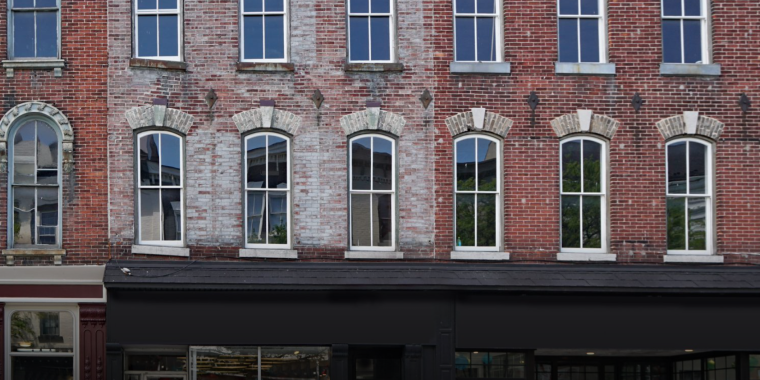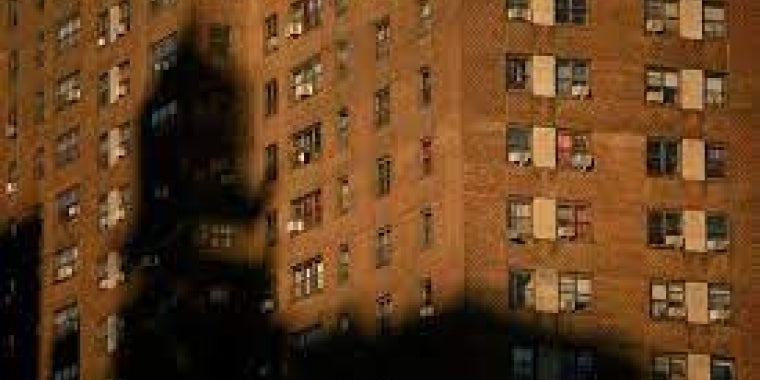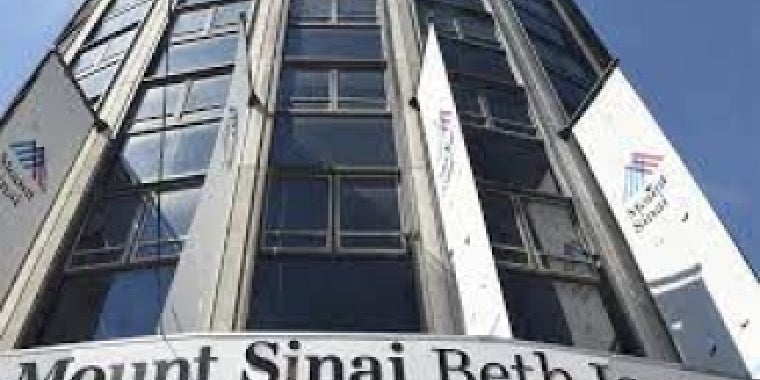
Real Estate Weekly: Landlord Tax Incentives on Table as Pols Push ‘Recovery Lease’ Program

On August 26, 2020, Real Estate Weekly covered the “recovery leases” program recently proposed by Senator Kavanagh and his colleagues, which would incentivize affordable leases by offering property tax breaks for commercial property owners. The article highlights how the bill would support small businesses that fear they may close due to the financial repercussions of the COVID-19 pandemic. The full text of the article is below; the original version is available via the link above.
_______________
Landlord tax incentives on table as pols push ‘recovery lease’ program
By Real Estate Weekly
August 26, 2020
Four New York lawmakers are proposing a new program to entice commercial landlords to renegotiate leases and offer long-term, affordable rents to small business owners in an effort to revitalize the small business sector as it seeks to recover from the economic damage caused by COVID-19.
Senator Brian Kavanagh, Assemblymember Yuh-Line Niou, and Council members Brad Lander and Keith Powers are proposing a “recovery lease” program to incentivize near-term lease restructuring with a long-term property tax break for commercial landlords.
Senator Kavanagh and Assemblymember Niou recently introduced state legislation, the “COVID-19 Small Business Recovery Lease Act” (S8904, available here) to authorize the program in New York City.
Rent is among the top issues for struggling small businesses after months of closures.
The New York Hospitality Alliance found in a survey that 83 percent of restaurants were unable to pay full rent in July. The Brooklyn Chamber of Commerce reported that more than half of businesses surveyed are worried about staying open, and just 20 percent have been able to negotiate some form of rent relief with their landlord. Nearly one third are continuing to report missing rent payments due to the pandemic.
According to a report by the Partnership for New York City, as many as 520,000 jobs have been lost from the small business sector. Black-owned businesses are particularly hard hit.
Even before this crisis, rising commercial rents were already straining small businesses, with many forced to close and commercial storefronts all over the city vacant. Now, after months of closures and reduced revenues, mounting rent bills are one of the major hurdles to keeping small businesses afloat.
“Vacant storefronts and rising commercial rents are not a new phenomenon in New York, but the public health and economic crises have greatly exacerbated the hardships facing our small businesses,” said State Senator Kavanagh.
“When storefronts are vacated, that can have a ripple effect, with reduced foot traffic making it harder for other businesses to thrive, jeopardizing the whole neighborhood. At the same time, many property owners are having difficulty paying their property taxes and maintaining their buildings.
“We know that we will need multiple approaches to solve these interrelated crises, but we hope that recovery leases will provide our neighborhood businesses and property owners with one significant path to relief and offer them some much needed long-term security.”
Assembly member Niou added, “If we do not put this legislation in place more of our small businesses, which are mostly immigrant owned, run the risk of closing and leaving our neighborhoods without the resources and vibrancy we need. This legislation is an important first step in supporting our businesses before it is too late for any recovery.”
The bill would allow the city of New York to create a program to provide relief to both small business owners and building owners impacted by the COVID-19 pandemic.
The program would grant property tax abatements to building owners who enter into recovery leases that last at least ten years and limit annual rent increases. Commercial tenants restructuring their current leases, or those entering into new leases for spaces left vacant for reasons other than eviction would be eligible to enter into a recovery lease.
The State bill authorizes the City to add additional incentives and restrictions to ensure the program is effective.
Councilmember Lander has been working with the other legislators, economists, the Brooklyn Chamber of Commerce, and the New York Hospitality Alliance to design the specifics of the program.
Council member Lander commented, “With federal relief uncertain, we are proposing a new path for long term stability and affordability for small commercial tenants. By providing tax relief for commercial property owners, we can help small businesses lock in rents at stable, lower rates, a forward-thinking tool that will be essential for the rebuilding and recovery yet to come.”



